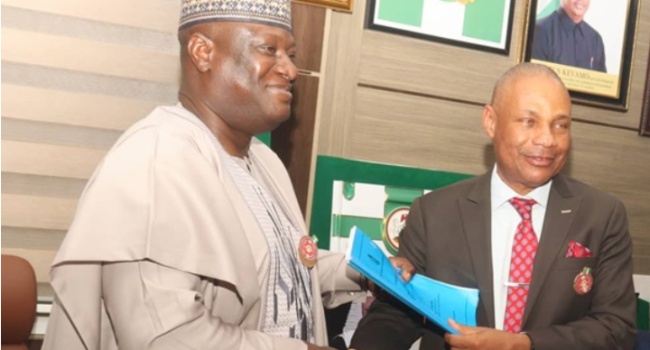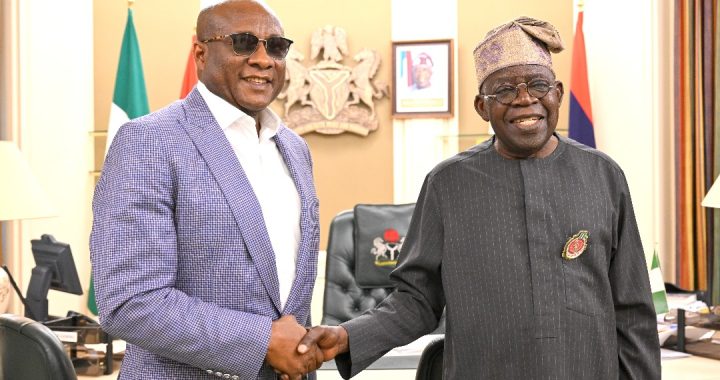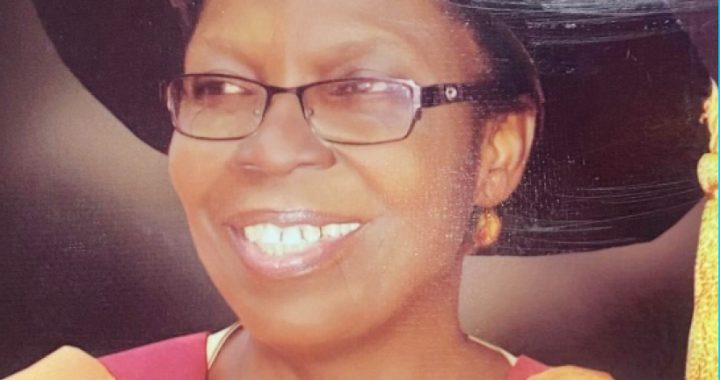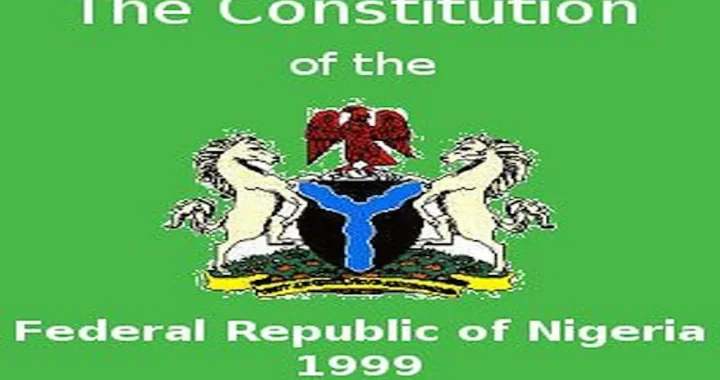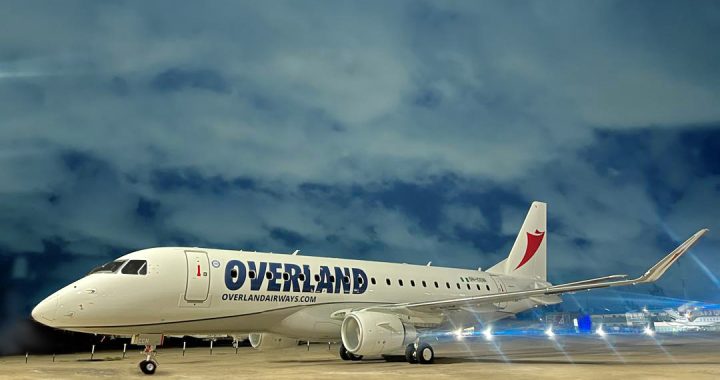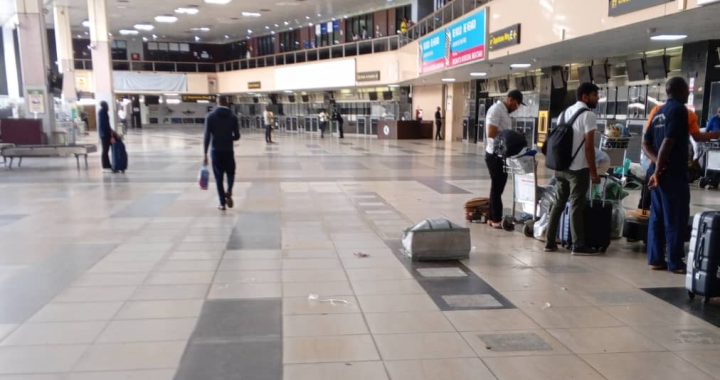IATA FROWNS AT MIDDLE SEAT REMOVAL AS INFLIGHT SOCIAL DISTANCE MEASURE
2 min read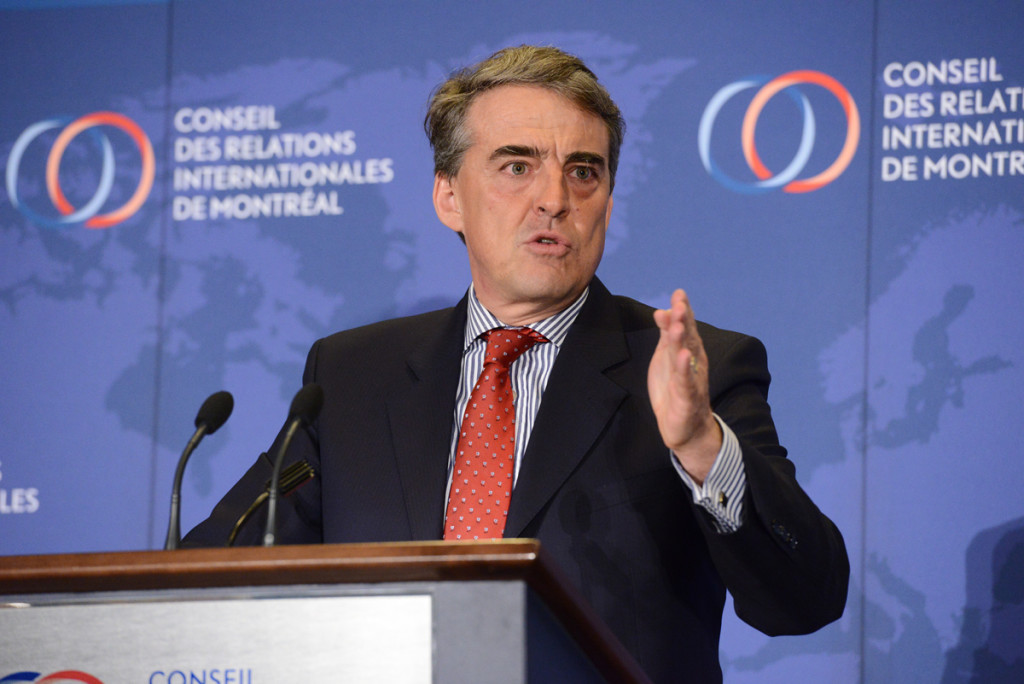
ALEXANDRE de JUNIAC, DIRECTOR GENERAL/CEO, IATA
The International Air Transport Association, IATA, the global body protecting the interest of airlines world over, has distanced itself from the social distancing measure being touted by few of the airlines in which middle seats would be left empty when air travel returns, as the battle for the elimination of COVID-19 is pandering to its final victory for both traditional medicine and medical science.
IATA however, gave the nod to the crew wearing nose mask and the passengers wearing of face mask when onboard the aircraft as part of the safety protocol to prevent the spread of the dreaded COVID-19 infection among air travellers and by extension, protecting the larger human society from the heinous effect of the coronavirus pandemic.
IATA Director-General, Alexandre de Juniac, argued that the onboard biosecurity approach for protecting passenger and crew in the cabin which took cognizance of social distancing and recommended removal of middle seat would ultimately come at a prohibitive cost to the passengers and would to a large extent, adversely affect the pace of the industry’s recovery and growth, in the aftermath of the grounding by COVID-19.

Explaining further the cost analysis on the purported removal of the middle seat as an in-flight measure for social distancing, he disclosed that the measure on aircraft would fundamentally shift the economics of aviation by slashing the maximum load factor to 62%, which is well below the average industry breakeven load factor of 77%.
He said with fewer seats to sell, unit costs would rise sharply. And when even a conservative comparative analysis was done in relation to 2019, airfares would need to go up dramatically—between 43% and 54% depending on the region—and that would be just to cover costs.

Moreover, de Juniac reasoned that, even if airlines are mandated to keep the ‘middle seat’ open, it would still not achieve the recommended separation for social distancing to be effective because most authorities {CAAs}that had given the nod recommended 1m-2m while the average seat width is less than 50 cm.
Alexandre de Juniac, the airlines’ defender and advocate for safe secured, and on-time operations at a value to the consumers and at a modest and humane profit to the service providers said, the risk of transmission of the virus onboard aircraft is low and mask-wearing by passengers and crew will further reduce the already low risk.

![]()

